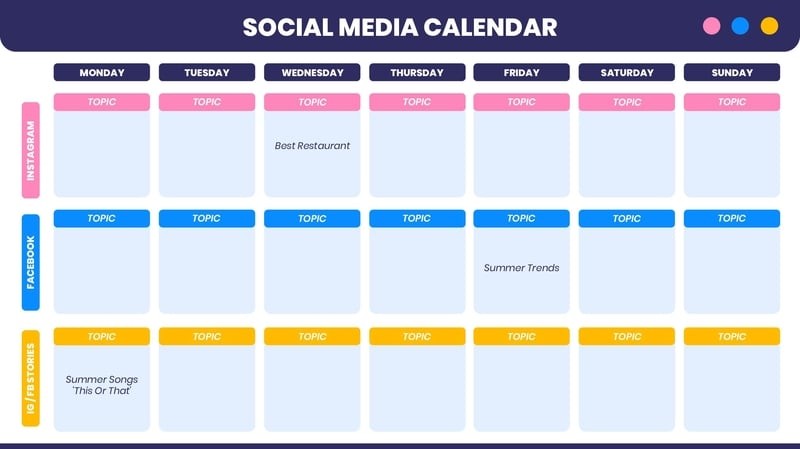Today, business owners have a new and powerful tool to reach out to their intended audiences. That is why modern organizations cannot afford to have low activity on social networks; social media presence is now a requirement. In this particular blog post, I will touch on Social Media Marketing and try to convey how it can be used to the benefit of a particular brand.
Why Social Media Marketing Matters
Improved Search Engine Rankings: Having social media accounts with activity can be useful to your SEO strategies.
Enhanced Brand Visibility: Social media platforms in particular offer you a much bigger platform to market your brand to a much larger audience.
Increased Brand Awareness: Regular and appealing writing could substantially enhance the acknowledgment of your brand.
Stronger Customer Relationships: Engage with people, answer their questions, and allow for the fostering of great customer relationships.
Boosted Website Traffic: Increase website visits by offering value in the content and offers you share.
Key Steps to Effective Social Media Marketing
1. Define Your Goals:

- Clarity is Key: Clearly outline what you want to achieve with your social media strategy. Are you aiming to increase brand awareness, generate leads, or drive sales?
- SMART Goals: Ensure your goals are Specific, Measurable, Achievable, Relevant, and Time-bound.
2. Identify Your Target Audience:

- Know Your Customers: Understand your ideal customer’s demographics, interests, and online behavior.
- Platform Selection: Choose platforms that align with your target audience’s preferences.
3. Create a Content Calendar:

- Plan Ahead: Organize your content in advance to maintain consistency.
- Diverse Content: Share a mix of text, images, videos, and infographics to keep your audience engaged.
- Visual Appeal: Invest in high-quality visuals to capture attention.
4. Engage with Your Audience:

- Prompt Responses: Respond to comments, messages, and reviews promptly.
- Join Conversations: Participate in relevant discussions and share your insights.
- Run Contests and Giveaways: Encourage user-generated content and foster community.
5. Analyze and Optimize:

- Track Performance: Monitor key metrics like reach, engagement, and conversions.
- Utilize Analytics Tools: Leverage tools like Google Analytics and social platform insights.
- Adapt Your Strategy: Continuously refine your approach based on data-driven insights.
Top Social Media Platforms for Business
- Facebook: A versatile platform for businesses of all sizes.
- Instagram: Ideal for visually-focused brands and businesses.
- Twitter: Great for real-time engagement and breaking news.
- LinkedIn: Perfect for B2B businesses and professionals.
- TikTok: A rapidly growing platform for short-form video content.
Conclusion:
Marketing is a crucial factor that can help to realize your objectives in the sphere of your business. If you are performing these steps and also being consistent with present-day trends, media can be utilized to create a solid brand image to engage your desired audience group.

